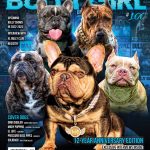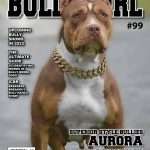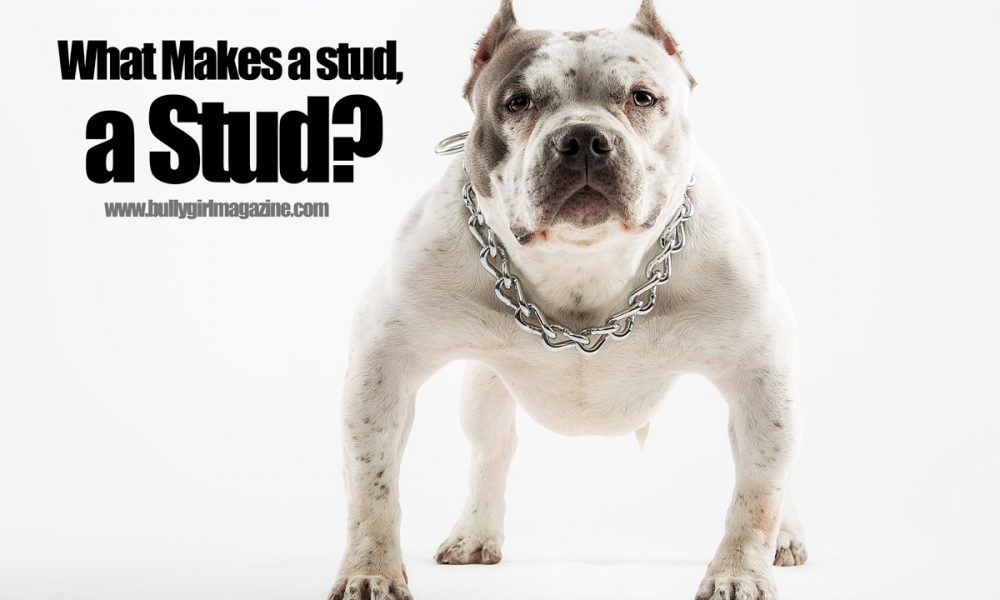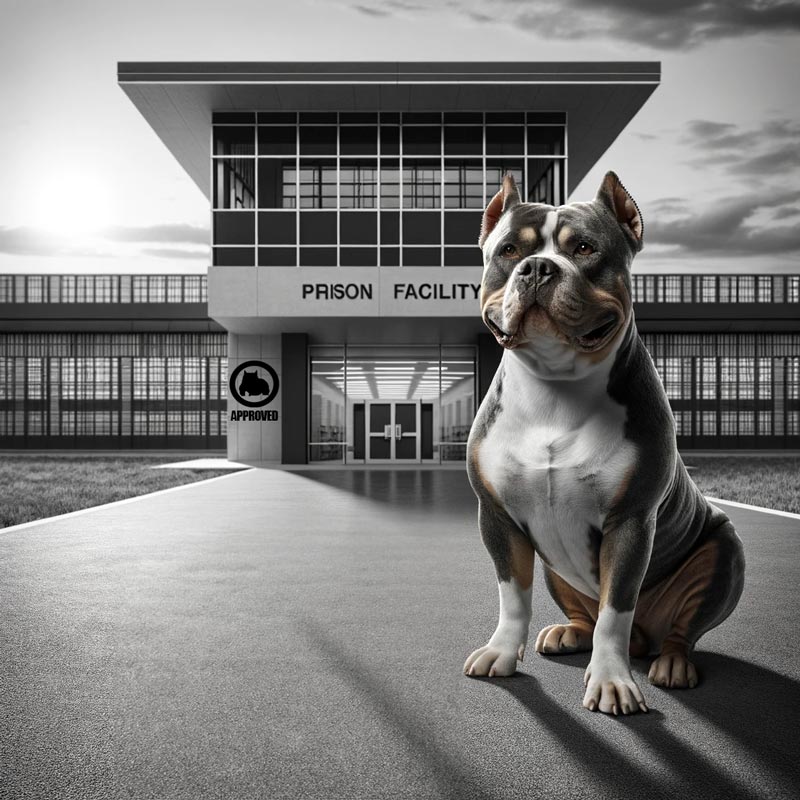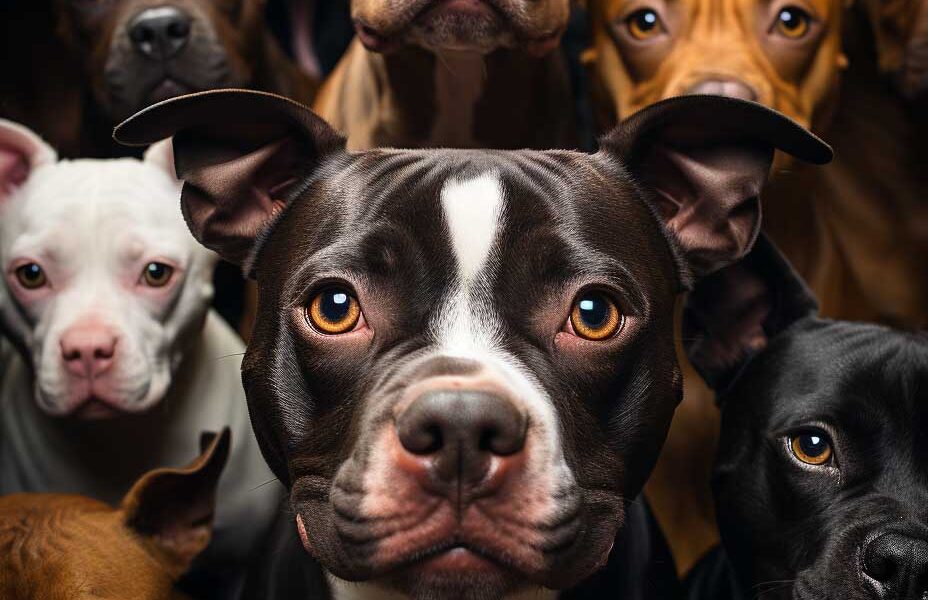So you think you have a good stud, how so? I have researched and talked with many breeders and it seems to be a topic that comes up time and time again. I will go into details from what I have learned about it and when a dog should be considered breeding worthy.
Stud owners must know the breed standard and breed only the dogs that will stand up to the test. Be aware of kennel blindness and take advantage of getting titles for your stud. Kennel blindness results in breeders’ inability or refusal to admit the faults in their breeding stock. This can be conformation, behavior, or genetic faults. Breeders like this tend to justify why they are breeding these faults. Having judges and other breeders evaluate your stock can be one of the most useful tools to avoid this. Never be afraid to take in both negative and positive feedback.
Having a stud that has passed health clearances should be top on your list. One of my favorite quotes; “What good is a dog if it can’t function from the inside-out.” I’m not talking about vet examinations and being up to date on vaccinations, you should be doing that already. Go above and beyond testing the heart, hips, eyes, elbows, etc. All of these can be tested and certified once they hit a certain age depending on what foundation you go through. Ask your veterinarian for more information.
Let’s get to one of the biggest factors: The stud dog and his sperm. A stud dog is only as good as his sperm count, motility, and abnormality. If a dog isn’t mature he may have plenty of sperm but he could have abnormal sperm which may include missing tails, bent tails, double heads, or under developed heads. The same can apply to an older stud. The success with his sperm can decrease due to age. Having abnormal sperm can decrease its chances to actually move forward to an egg and instead will just move around in circles. This will do you no good for what you are trying to accomplish. Always be sure to have your studs sperm evaluated under a microscope by a Veterinarian that specializes in canine reproductive medicine.
Another topic is whether or not your dog can breed naturally. Some people get too impatient to let nature run its course. It is our job to realize why our dogs can’t breed naturally. Some of the issues may be that the dog is too young/immature and inexperienced or even have low libido. A young dog can sometimes be over-eager and just not know what he is doing. In these cases it would be compatible to use an experienced bitch. A good stud will know when the bitch is ready to breed. He must not waste his energy on any bitch until she is flagging and receptive. This will also save the owner a good deal on money that might be spent at the vet to determine breeding dates. Also be careful when collecting from your male for artificial insemination. You don’t want him to depend solely on this and not be able to tie naturally. A natural tie should always be your best interest, but when wanting to breed with somebody out of your area shipping chilled or frozen semen would be an option. It is good to have a male capable to both tie naturally and to collect from. A good stud will pass on excellent breed type, soundness, and good temperament as well as consistency. This is what can make or break having the title as a “proven stud”. This term can have a couple different meanings behind it. But in my opinion, people not only want to see that the dog has successfully mated, tie, and sired several litters from various females. We want to see what they are capable of producing and the quality of its offspring.
There is no perfect dog, but great dogs are far and few between. Remember to take all the right steps when owning and choosing a stud dog. Don’t be that person to just put two dogs together. Support and represent your breed by being patient, researching, and putting thought into what you’re doing. What you do impacts the future of the breed.




